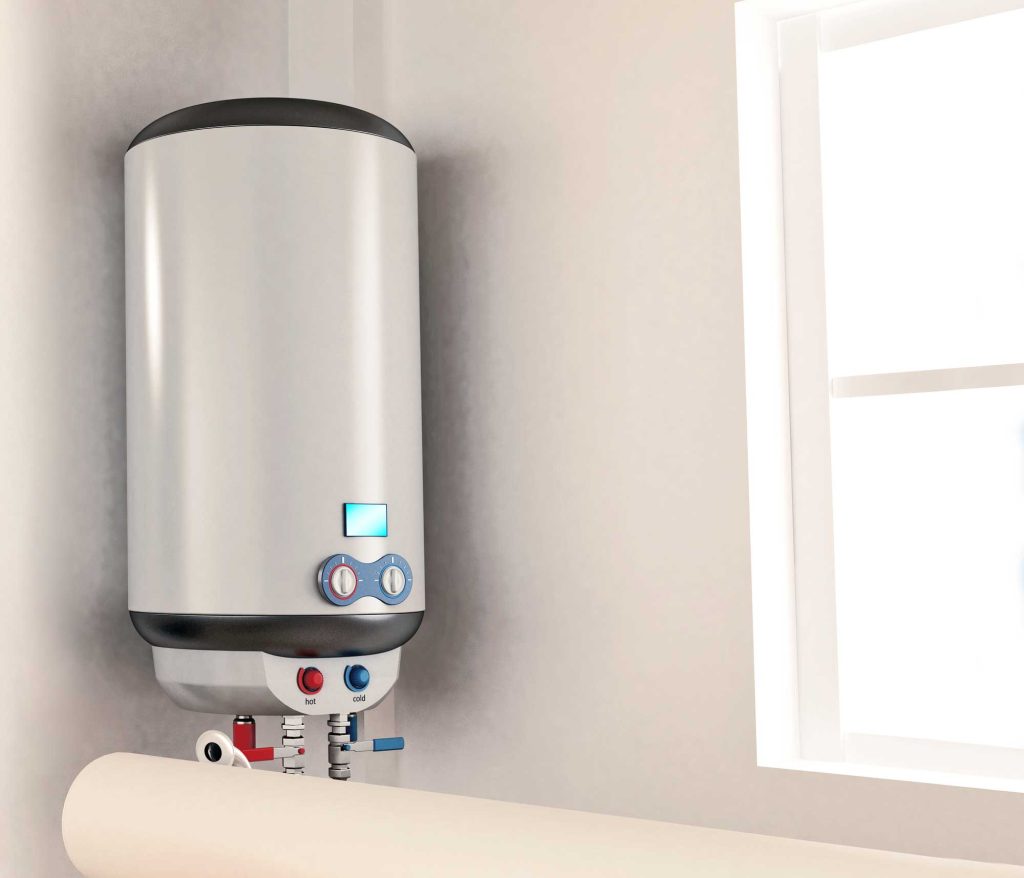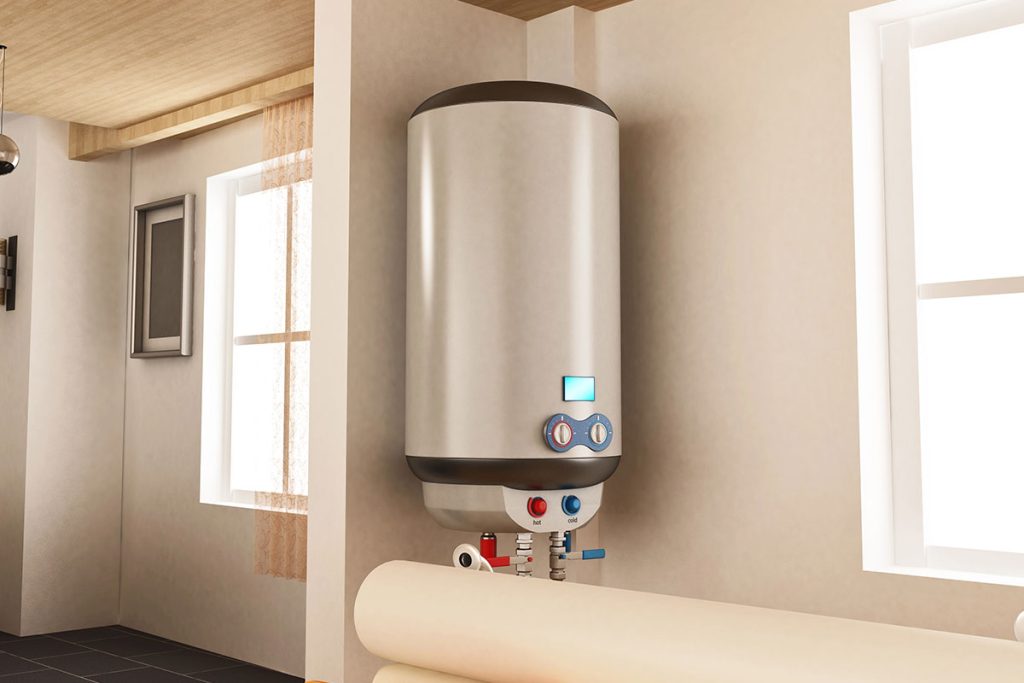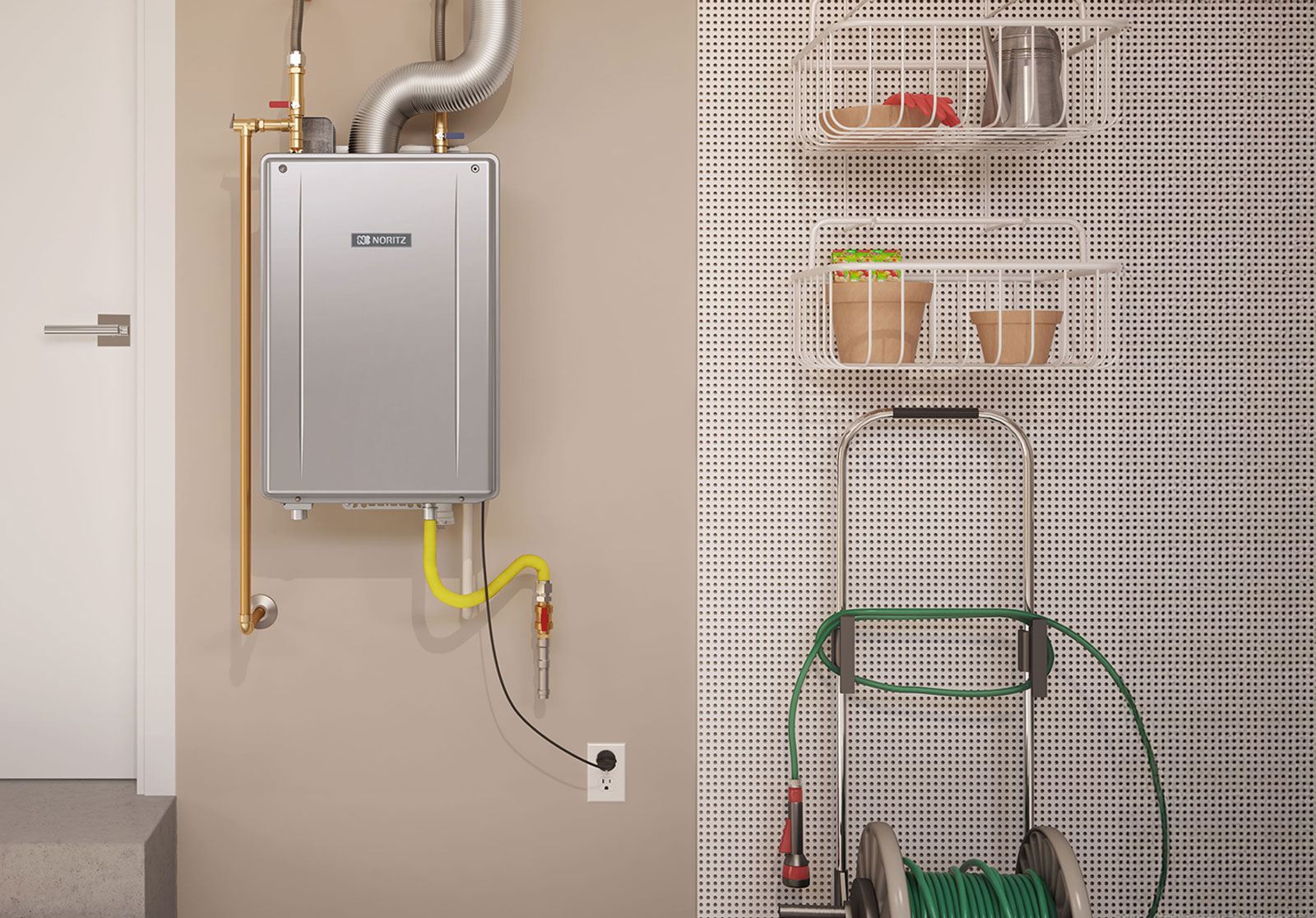
Is a Tankless Water Heater Right for Large Families?
Traditional tank water heaters may struggle to meet the high demands of large households. Who wants to deal with the

Safe Water Heater Installation: Why Professional Service Matters
Installing a water heater on your own may seem like a simple way to save money, but improper installation can
The Impact of Hard Water on Your Water Heater and Plumbing System
If you live in California, you’re likely familiar with hard water. It’s a common issue for CA homeowners. You may
Unclog Like a Pro: Your Ultimate Guide to Clearing Stubborn Drains
You’re getting ready for the day ahead and your bathroom sink won’t drain. Maybe you’re washing dishes and the kitchen
7 Warning Signs Your Water Heater Is Costing You More Than It Should
You likely take your hot water heater for granted… until something goes wrong. If it’s acting up, it can disrupt
Decoding Water Heater Noises: What Banging, Popping and Hissing Sounds Mean
Does your water heater make noise when heating? It’s not unusual for your water heater to make a little noise
Make Your Water Heater Last Longer: Essential Maintenance Tips
Regular water heater maintenance will make sure your unit is operating properly, lasts longer, and saves you money on your
Tank vs. Tankless Water Heaters: Which Is Right for Your Home?
Choosing the right water heater for your home makes sure you get the hot water you need without overspending. The
How Hybrid Heat Pump Water Heaters Can Slash Your Energy Bills in California
California homeowners pay the second-highest electricity rates in the nation. Only those living in Hawaii pay more. Since water heaters
Can I Just Handle the Water Heater Repairs on My Own?
When your water heater stops working, it is vital that you reach out to a professional who possesses the in-depth
How Soon Can Your Technicians Visit My Property?
If you are experiencing an emergency, do not hesitate to reach out to our expert technicians immediately. We offer emergency
Is My Water Heater Damaged & in Need of Repairs?
If you have noticed any of the following signs, your water heater may be damaged: rust and debris in your


